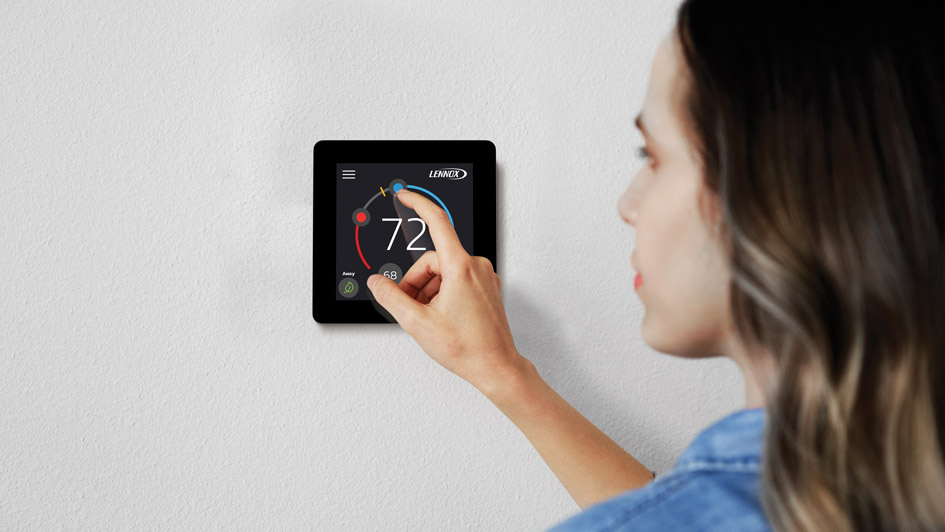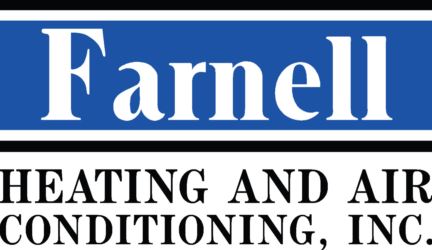
Extreme weather can make your energy bills to skyrocket, especially when your HVAC system is pushed to its limits. The good news? Homeowners in Mobile, Alabama, can easily reduce energy expenses and reduce wear on their HVAC system by using effective energy-saving HVAC practices. From scheduling a fall or spring HVAC tune-up to DIY HVAC chores, these simple changes can help you keep comfortable and cut costs.
Here, the professionals at Farnell Heating & Air Conditioning Inc will provide their best heating and cooling tips for HVAC energy efficiency to help you cut your monthly utility costs without compromising comfort.
1. Contact a Professional for Seasonal HVAC Maintenance
Of all the energy-saving HVAC tips for homeowners, one that often offers the most benefit is regular HVAC maintenance. Scheduling expert furnace maintenance in the fall and air conditioning maintenance in the spring ensures these systems are in peak condition and ready for the winter and summer seasons. It's also a smart time to identify and address any signs of inefficiency, worn-out parts or brewing issues—saving you from unnecessary breakdowns and potentially lengthening your heating and cooling equipment's lifespan.
2. Use Programmable Thermostat Settings to Your Advantage
Programmable thermostats provide multiple ways to conserve power. In summer, set your thermostat to automatically raise the setting when you're not home. In winter, set the temperature to decrease a few degrees while the home is unoccupied and shift the temperature back up when you return. Even a 2–3°F temperature change can save a lot of energy.
Take your savings a step further with a smart thermostat. One of the many smart thermostat benefits is their ability to track your daily patterns and automatically fine-tune your home temperature. By doing so, smart thermostats can increase your energy efficiency—without you having to do a thing.
3. Prevent Energy Waste By Blocking Air Leaks in Your Home
Air leaks around windows, doors and in old ductwork allow heated or cooled air to leak out. Work with a trusted HVAC specialist to evaluate whether you need duct sealing and insulation services. Addressing duct issues, improving insulation and eliminating air gaps all help prevent energy waste by allowing your HVAC system to work less in order to keep your home comfortable.
4. Do Simple DIY HVAC Maintenance
In addition to hiring a professional for seasonal HVAC maintenance, you can reduce energy bills by handling these home HVAC maintenance tips:
- Sweep away debris like sticks, dried leaves and plants from around your outdoor AC unit in spring
- Clean the coils of the outdoor air conditioning equipment in spring
- Follow a regular HVAC air filter replacement schedule: Check your system's filter monthly, swapping for a clean one if it's dirty or every 90 days
- Make sure air vents and registers are free of obstructions
- Make sure your thermostat is set correctly, ensuring it's on cool mode in summer and heating mode in winter
5. Replace Old, Inefficient Units with Energy-Efficient HVAC Systems
Improve energy efficiency by replacing outdated HVAC equipment with modern high-efficiency HVAC systems. Look for ENERGY STAR®-rated HVAC equipment, which uses less energy than non-rated units. When picking out cooling equipment, check for a high SEER (Seasonal Energy Efficiency Ratio) rating. Not sure what SEER means? The simplest SEER rating explanation: the higher the SEER, the more efficient the system. The same is true with AFUE, or Annual Fuel Utilization Efficiency, which rates efficiency in heating equipment. The higher the AFUE, the more more energy efficient the equipment. These calculations are important because energy-efficient HVAC systems can do a lot to reduce energy bills and enhance your comfort.
Work with Farnell Heating & Air Conditioning Inc to Prevent HVAC Energy Waste Year-Round
When it comes to making your home a more comfortable place Farnell Heating & Air Conditioning Inc is the HVAC company Mobile, Alabama, locals rely on for their furnace, AC, heat pump and more. From seasonal HVAC tips like these to heating and cooling installation, we provide comprehensive service all year. Call 251-471-2674 today for Mobile, Alabama, HVAC service you can depend on.
